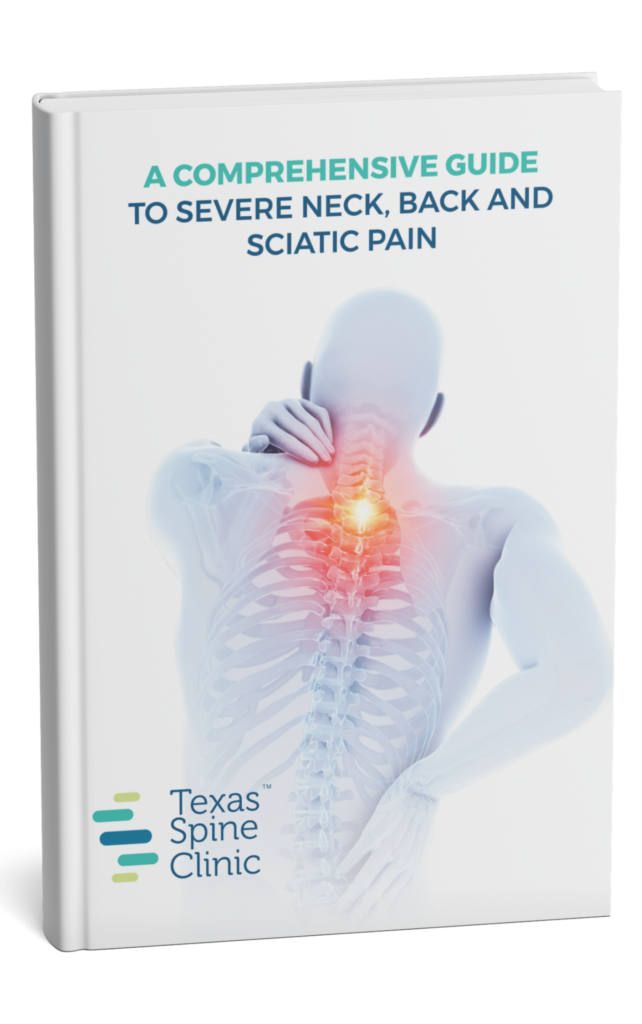Spondylolisthesis Treatment in San Antonio, TX
Spondylolisthesis is a spinal condition where one vertebra slips forward in relation to the vertebrae below it, and most commonly affects the lumbar spine.
Of course, the common factor in each of these types of spondylolisthesis is that some weakness, trauma, or activity allowed the spine to shift. Our first assessment is to determine if the spondylolisthesis is stable or unstable. If the condition is clinically unstable, surgery is the only option. Left untreated, an unstable spondylolisthesis can lead to permanent nerve damage or paralysis. If the condition is stable and does not shift with forward flexion or extension of the spine, conservative measures may be very helpful for years. Treatment as conservative as chiropractic adjustments can help significantly with back pain and when the symptoms are more severe, spinal decompression therapy or spinal injections could be indicated.
There are several types of spondylolisthesis:
- Isthmic Spondylolisthesis – This is the most common form of spondylolisthesis, and it typically occurs in childhood or adolescence (with the increased physical activity most people do at these ages), but it is not typically discovered until adulthood.
- Dysplastic Spondylolithesis – This is a congenital (from birth) condition that is caused when the lumbosacral juntion does not form properly.
- Traumatic Spondylolisthesis – As the name suggests, this condition is caused by direct injury or damage to the vertebrae; damage can allow the vertebra to slip forward when spondylolisthesis would not have otherwise occurred.
- Pathologic Spondylolisthesis – Some diseases that weaken the bones, such as osteoporosis, Paget’s disease, tumors, or tuberculosis, can cause spinal damage that allows the vertebrae to shift and slip.
- Degenerative Spondylolisthesis – Typically this condition affects older adults and is caused by the gradual wear and tear the spine experiences from daily life.
Of course, the common factor in each of these types of spondylolisthesis is that some weakness, trauma, or activity allows the spine to become vulnerable to slippage.
Request an Appointment
Please fill out the information below & someone from our team will contact you to confirm your visit.
"*" indicates required fields
You Don’t Have to Deal with Your Pain Alone
If you are diagnosed with spondylolisthesis, there may be conservative treatment options to treat your pain. Call Texas Spine Clinic at 210-741-9166 and schedule an appointment to find out which treatments are right for you.


